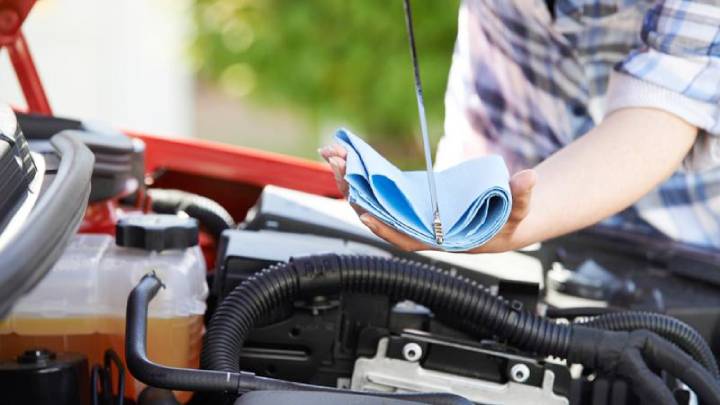Your car is a reliable companion that takes you on countless journeys. To ensure its longevity and optimal performance, regular maintenance and oil checks are crucial. Neglecting these simple tasks can lead to costly repairs and decreased fuel efficiency.
In this article, we’ll explore five essential oil and maintenance check tips that will keep your car running smoothly and efficiently.
Table of Contents
Regular Oil Changes
One of the most fundamental aspects of car maintenance is regular oil changes. Engine oil lubricates vital components, reduces friction, and carries away heat, preventing engine damage. Over time, oil breaks down and loses its efficiency, potentially causing engine wear and decreased performance.
Make sure to strictly follow the manufacturer’s recommended oil change schedule, typically every 5,000 to 7,500 miles, depending on your vehicle and driving conditions. When searching for an “oil change near me,” choose a reputable service center that uses high-quality oil and offers professional service.
Check Oil Levels and Quality
In addition to regular oil changes, it’s essential to monitor your car’s oil levels and quality between service intervals. Park your vehicle on level ground and let the engine cool down before checking the oil. Locate the dipstick, remove it, wipe it clean, reinsert it, and then pull it out again to read the oil level. Ensure the oil level falls within the recommended range marked on the dipstick.
While checking the oil level, also inspect its quality. Healthy oil should have a clear, amber color. If the oil appears dark or sludgy, it may be time for an immediate oil change or a checkup to identify potential issues.
Tire Maintenance
Properly inflated tires not only improve fuel efficiency but also enhance handling and safety. Check your tire pressure regularly, preferably every month, using a reliable pressure gauge. The recommended tire pressure may be found in your car’s owner manual or on a sticker located on the driver’s side door frame or inside the glove compartment.
Additionally, examine your tires for signs of uneven wear, cracks, or punctures. Uneven wear might indicate misalignment or improper tire rotation, which should be addressed promptly to prevent further damage.
Fluid Levels and Quality
Aside from engine oil, your car relies on several other fluids to function optimally. Regularly check the levels and quality of coolant, transmission fluid, brake fluid, and power steering fluid. Low fluid levels or contaminated fluids can lead to significant issues and decreased performance.
If any of the fluid levels are low, top them up with the appropriate fluid as recommended by your vehicle’s manufacturer. If you notice any fluid leaks or consistent low levels, it’s crucial to have your car inspected by a professional mechanic.
Regular Inspections and Servicing
While you can perform some basic maintenance checks, it’s essential to have your car professionally inspected and serviced regularly.
A qualified mechanic can identify potential problems early on and ensure that your vehicle’s major systems are in excellent condition. They can also provide expert advice on any repairs or replacements needed to keep your car running smoothly.
Safeguard Your Ride
Regular oil and maintenance checks are vital for keeping your car in top-notch condition and ensuring your safety on the road.
By adhering to these five essential tips, you’ll not only extend the lifespan of your vehicle but also enjoy a smoother and more fuel-efficient driving experience!

